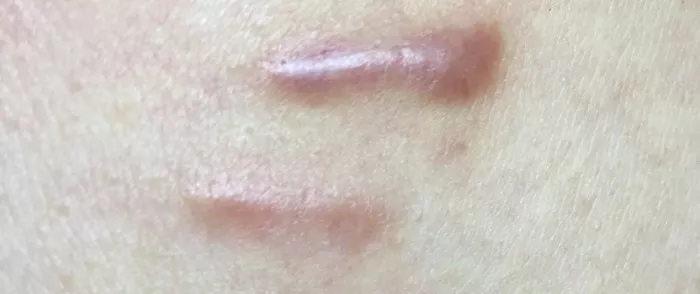Exosome-based skin care is gaining momentum in the U.S. after achieving widespread popularity in medical treatments across South Korea. Touted for their ability to promote radiant, youthful skin, reduce inflammation, and enhance skin health, these products are now making their way into mainstream beauty routines. But are they truly effective, and more importantly, are they safe?
What Are Exosomes and How Do They Work in Skin Care?
Exosomes are microscopic vesicles naturally secreted by most cell types, including those found in the skin, stem cells, and platelets. They function as biological messengers, delivering proteins, lipids, and genetic material such as microRNA to surrounding cells. In skin care, this cellular communication helps reduce inflammation, repair damage, and stimulate the production of collagen and elastin—proteins essential for maintaining firm, youthful skin.
Dermatologist Dr. Mona Gohara compares exosomes to an advanced communication system that promotes skin regeneration. According to Dr. Asmi Berry, these vesicles can even influence gene expression, encouraging older skin cells to behave like younger ones. Exosomes are most often found in serums, where their potency is preserved in low-water, minimalist formulas, although they may also appear in moisturizers and creams.
Are Exosomes Safe and Approved for Use?
Despite their growing presence in cosmetic products, exosome-based skin care items are not currently approved by the U.S. Food and Drug Administration (FDA). This is largely due to the fact that research on topical exosome use remains in early stages. Although the FDA doesn’t require approval for most cosmetic ingredients, it has previously issued warnings regarding misleading claims about regenerative products containing exosomes or stem cells.
Dr. Michele Green, a cosmetic dermatologist in New York, warns consumers that without regulation, product safety and effectiveness can vary significantly. To minimize risks, she advises choosing products from reputable brands that disclose their ingredient sources and safety standards.
Final Thoughts
Exosomes are being hailed as an innovative breakthrough in skin care, offering the potential to transform how we address aging, inflammation, and cellular damage. While promising, their safety and efficacy are not yet fully validated by regulatory bodies like the FDA. Until more research is available, dermatologists recommend caution—choose reputable brands, scrutinize ingredient lists, and manage expectations.
The bottom line, Exosomes may represent the future of skin care, but for now, they remain an emerging technology that requires careful consideration and informed usage.
Related Topics
































